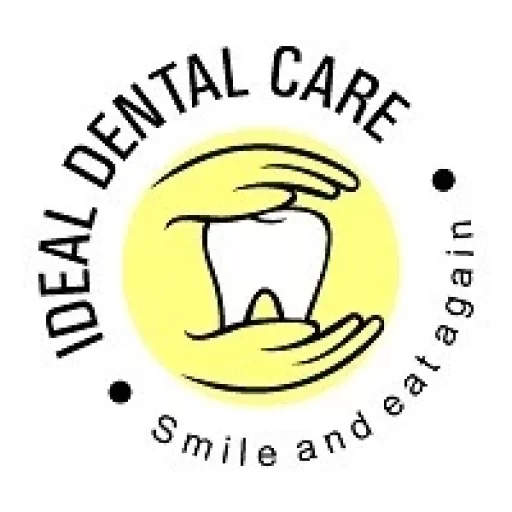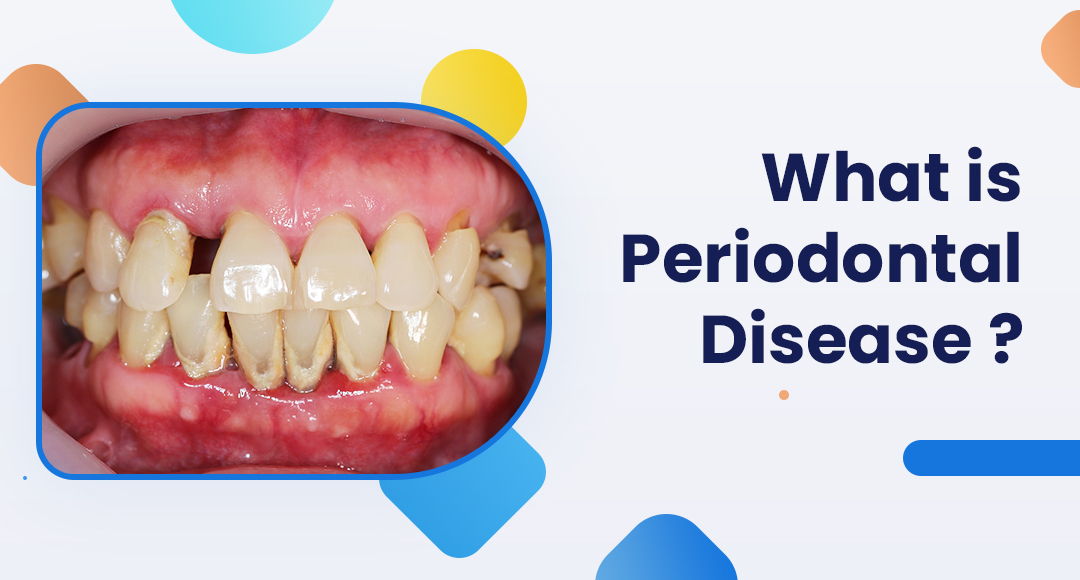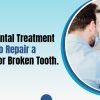What Is Periodontal Disease – A Complete Guide
Periodontal or gum disease is a common problem nowadays. It is basically an infection of the tissues hidden in the hold of your teeth. It can be caused due to many reasons, and common causes are poor oral hygiene habits and improper brushing and flossing habits that enhance the plaque composition in your teeth. Plaque is a sticky film of bacteria that lives on the teeth and hardens itself with time. It may cause you immense pain whenever you chew something or can also lead to damaging tooth loss. In more dangerous situations, periodontal disease can also worsen to damage your teeth with sore, bleeding gums: chewing problems, and even tooth loss. A complete guide describes the causes, symptoms, diagnosis, and treatment of Periodontal Disease.
What Causes Periodontal Disease?
Whenever we eat anything that remains between the gaps of our teeth or intakes any sugary food items (mainly), our mouths generate millions of bacteria. These bacteria, along with our saliva, and other elements present in our mouth, constantly form a sticky, colorless “plaque” on our teeth. This is the reason why it is advised to brush and floss your teeth after every meal. If improper brushing and flossing are done, it can result in hardening the plaque on your teeth which becomes very challenging to get rid of. This hard-condensed plaque forms a more dangerous substance, named “tartar,” that brushing doesn’t clean. If the tartar is treated, only a professional dentist can help you with a proper and professional cleaning procedure.
One more fact that causes high periodontal disease risk is smoking. Smoking also makes your teeth’ enamel weak and can make your treatment procedure less successful. Other risk factors and causes of periodontal disease may include diabetes, hormonal changes, certain illnesses, such as AIDS, genetic susceptibility, and many more.
What are the Symptoms of Periodontal Disease?
Following are some of the common symptoms that are alarming, and you must visit your dental care clinic soon:
- Foul smell is commonly
- known as Bad breath.
- Swollen gums.
- Trouble in eating
- Sensitivity
- Bleeding gums.
- Loose teeth.
- Receding gums.
How can one Diagnose Periodontal Disease?
- You must visit a dentist or dental hygienist to diagnose or get your treatment done. They will help you to:
- Properly examine and monitor your gums and note any symptoms of inflammation.
- They have effective tools and techniques to check and measure any pockets around the teeth.
- Properly understand your medication, history, and other risk factors, such as smoking or diabetes, that may enhance the risk of you getting gum disease.
- They can also take a painless x-ray to scan and understand whether there is any bone loss quickly.
How can I be Treated for Periodontal Disease?
The objective of the treatment is to stop or control the spread of the infection in your mouth. To do so, there are different types and alternatives to treatment. Any therapy requires that the patient keep up good daily care at home. It may also vary from patient to patient, depending on their medical history and the intensity of damage in their mouth. However, the following are some practices that can help you get rid of periodontal problems if proper home care is done.
Oral hygiene routine
Your dentist will provide you with a routine health care schedule after diagnosing your gum damage. They will also guide you with a proper demonstration of the activities that you should perform for the better health of your teeth, which involves keeping your teeth and gums clean. Your dentist may also recommend effective toothpaste options and other oral hygiene products like a water pick or mouthwash.
Professional treatment, cleanings, and clinical care
If you undergo a proper dental cleaning procedure at a dental care clinic, your dentist will help you to clean your teeth professionally using the latest tools and amenities. You can easily remove the plaque buildup and tartar from your teeth and their roots and then polish your teeth. Your dentist may treat them with adequate and advanced fluoride for their ultimate care. Any periodontal pockets which are generally not visible to you, but have been formed, also require deep cleaning. With proper clinical care, you can get a perfect cleaning session with your dentist to enable healing. This method is known as scaling and root planning. In this process, the doctor will help to scrape off tartar and also make your mouth free from any rough spots on the tooth root where bacteria are contaminated.
Antibiotics
In some of the scenarios, your dentist may even prescribe you some of the relevant antibiotics that will ensure speedy and proper healing of your mouth. It may also ensure that you get rid of the persistent gum infections that could not respond in the cleaning procedure. The antibiotics are advised to you after understanding your medical history, and they might be in the form of a mouthwash, gel, or an oral tablet or capsule.
Follow-up sessions
After all of these treatments, you may also get advice from your dentist for some of the follow-up sessions. After a few weeks, it is done to understand the treatment’s effect on your mouth and monitor if the infection has completely vanished. It will also be good for you to timely know if any further infection remains or is starting to grow within your pockets. If periodontal pockets are still found in the follow-up session, then you’re generally advised to advanced treatment like that surgery.
Take Away
It is always advised to build a routine for brushing and flossing your teeth for a healthy and happy life of them. When recommended by the dentist, routine and follow-up check-ups should be taken seriously, and you must take your time to avoid the dangerous impact of infections on your teeth. To prevent periodontal diseases, you must first quit smoking and other bad habits if you have any. Also, if you notice any symptoms of periodontitis, take immediate action and book an appointment with your dentist as soon as possible. The sooner you start your treatment, the better your chances of getting help overcoming the damage caused by periodontal disease.




